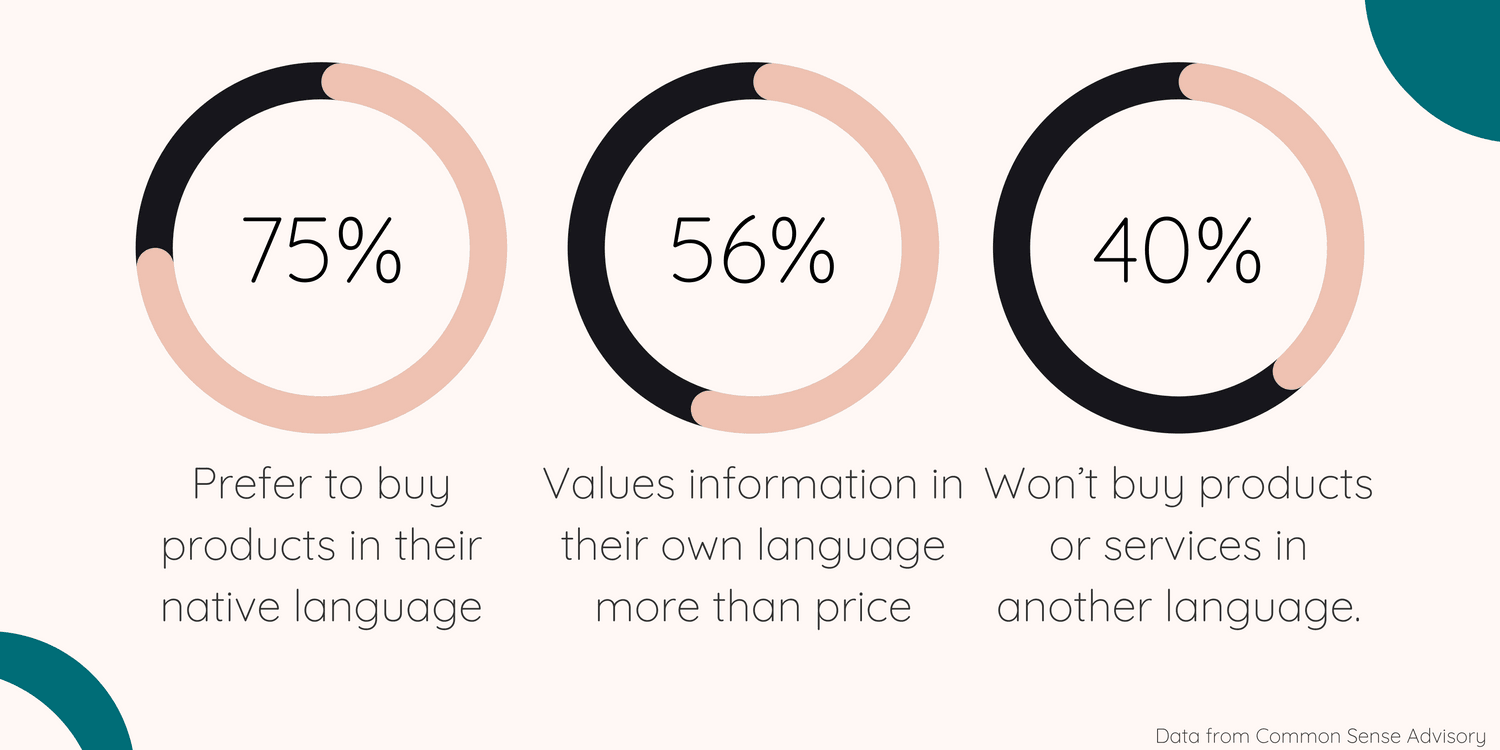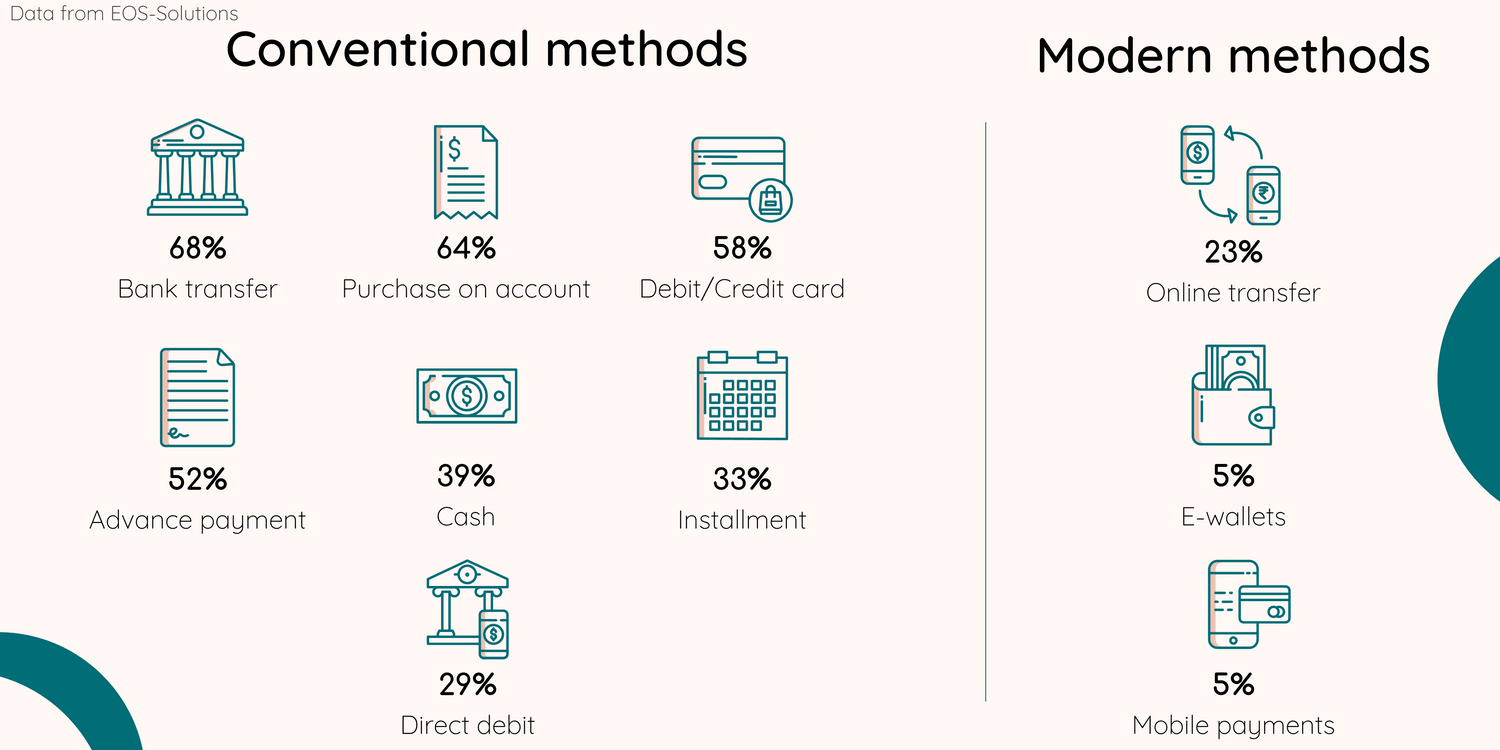B2B cross-border sales

According to a recent report, the value of global B2B cross-border transactions in 2020 reached $27 trillion, which is lower than initial estimates due to covid-19. By 2022 the estimate is $35 trillion in cross-border transaction value. This modest growth rate of 30% is good news for companies that are looking for vendors, business partners, and employees in other markets.
As cross-border sales become more popular, B2B businesses that sell online are looking for new ways to expand their global presence and build trust with international customers. Before you start planning for an international expansion, there are some things you have to keep in mind, listed below are a few of them:
Regulations
As a European enterprise, you can take advantage of the EU Single Market as well as some trade agreements with other European countries. This means that most goods can move freely within this territory without incurring additional costs or being limited in quantity. The term for this is ”free movement of goods.” Certain products, such as excise and chemicals, are, however, subject to additional regulations.
You also have different VAT liabilities depending on what you sell, who you sell it to, and where the goods are shipped.
Read more on the European Unions’ website.
Local languages
The first step to creating a better customer experience and increasing engagement is to render your webshop in native languages. When customers get a better understanding of the content on your website they tend to stay longer on your site and view more pages. Making them more likely to interact with your online store and purchase products from you.
Look up IPRs and patentability in online databases.
Individual property rights may be infringed if goods are sold across borders (IPRs). While IPRs are largely protected on a country-by-country basis, there are certain mechanisms in place to ensure that rights are protected across different jurisdictions.
In the EU, for example, an EU-wide trademark can be obtained (EUTM). Several companies charge a set fee for patentability and freedom to operate (FTO) searches. The European Patent Office’s Espacenet platform offers a free service to search for published patent applications and registered patents.
SEO
All businesses aiming to create an online presence should consider investing in search engine optimization (SEO). It’s not just about getting to the top of the search engine results page. It basically entails posting accurate information about your company online in order to inform both search engines and human viewers about what you have to offer.
SEO company Moz has written a full guide to international website expansion, check it out here.
Payment methods
If you sell/ or plan to sell cross-border, you must also be able to facilitate quick and seamless cross-border payments, which adds up to the already-existing challenges.
The days of paper checks are over when it comes to B2B payments. Now it’s all about automating the payment process. In the consumer world, paper checks are practically non-existent, but within business-to-business payment options are beginning to emerge. As a result, there are a lot of suppliers to choose from, and finding the right one can be difficult. Our best tip is to include local payment methods in your focus markets. And rather offer more than less payment methods for the buyer to choose from, this can be easily handled through Briqpays payment platform.
And don’t forget to always offer your products in local currency.
Payment split by method in EU:
Use fulfillment service
You can eliminate the hassle of international shipping by hiring a fulfillment service to handle international orders.
In most cases, the retailer will pay a flat fee per order, and the fulfillment service will handle packaging, labeling, and shipping, as well as keeping track of all those pesky rules and regulations.
Many fulfillment services also have global warehouses, so if you sell to, let’s say, Germany, you are able to stock goods at a fulfillment service’s facility in Germany and take advantage of domestic shipping rates.
Sell on marketplaces
The B2B marketplace boom is just beginning. A new study projects B2B marketplaces will account for 30% of all global online B2B sales by 2024; estimated to reach $3.6 trillion up from $680 billion in 2018. There are two core pillars contributing to the surge of marketplace selling: marketplace syndication and marketplace creation.



